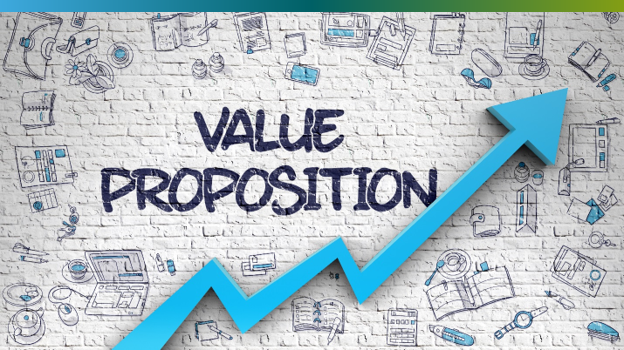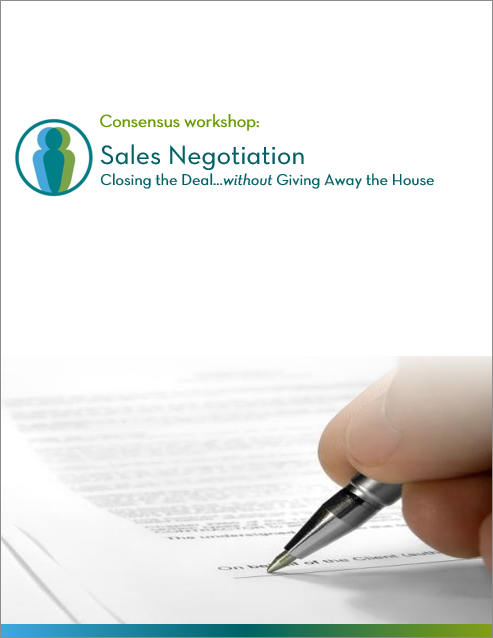Selling Value

Selling Value
Tip #1: Share Third-Party Data
Assuming the quality of your offerings is truly better than the alternatives in the marketplace, objective third-party data that supports your advantages will go a long way toward helping your company meet its sales goals by selling value. Be sure to furnish your sales team with user-friendly materials that communicate the supporting data and that they, in turn, can share with clients.
But having the facts and figures is not enough. An unskilled salesperson might be inclined to share up front as much information as possible with prospective buyers. And, if a client resists the sale, that salesperson might resort to bombarding them with even more information.
Tip #2: Ask First, Sell Later
Unfortunately, one of the biggest misconceptions salespeople often have is what it means to “connect” with their clientele. While they know the importance of building a relationship with a client, all too often they concentrate their rapport-building efforts around tangential topics that have nothing to do with business, e.g., “So you like to play golf.” While these types of exchanges are important and help foster an interpersonal relationship and collaboration, the essence to establishing a good client relationship — one that results in sales — focuses on understanding what is important to the client about your company’s offerings.
Many salespeople mistakenly think “selling is telling”, and, accordingly, guess at what might be motivating a client. They then “filibuster” based on that assumption. But, the best ways to build business rapport are to ask skilled questions that uncover the client’s motivations and values and to let the client do at least half of the talking.
To sell value, start by asking what is important to the client in selecting a product or service provider. Once they have shared their priorities, the sales professional should confirm their understanding of what the client expressed by summarizing what they’ve heard, e.g., “So it sounds like the following three things are important to you for these reasons…” This process has several benefits:
1. It confirms a fundamental understanding that can inform the sale.
2. It lets the client feel heard and understood, a basic psychological need and a springboard to trust and relationship building.
3. It encourages the client to share even more information, either to fill in gaps or because they, indeed, feel the salesperson is interested in what they have to say.
Usually, by asking good questions, the client will divulge interests other than price considerations (e.g., your company’s value propositions). The salesperson might discover the client’s highest priority is something he or she assumed to be tertiary and, accordingly, might not have mentioned it. Therein lies the value of asking and the danger of assuming what is important to the client.
Tip #3: Selling Value by Digging Deeper
If the client insists their decision is based entirely on price, the skilled sales professional should delve deeper and find out what that means. For example, “It seems your budget doesn’t allow for you to pay a premium for added value. I’m wondering if you have a separate budget for repairs/support or do those come out of the same budget?” This might open the door to a discussion of your superior repair record or of the ongoing support you bundle with the purchase, and away from haggling over price.
By connecting through a balance of presenting ideas, asking questions, and listening to clients’ responses, your sales team will have an easier time communicating your company’s value propositions and closing sales at higher price points.
Many of our clients have their salespeople learn these and other essential sales skills through formal training, like our Sales Negotiation workshop and our THINC B.I.G.R Sales Skills workshop. If you would like to learn how a Consensus learning partnership would help your sales organization generate better results, we invite you to contact us at any time.

We invite you to learn more about our
Sales Negotiation workshop.
Please choose the option that is most convenient for you:
• Call us at +1 (212) 391-8100
• Email us at inquiry@consensusgroup.com
• Use our Online Form and we will contact you
